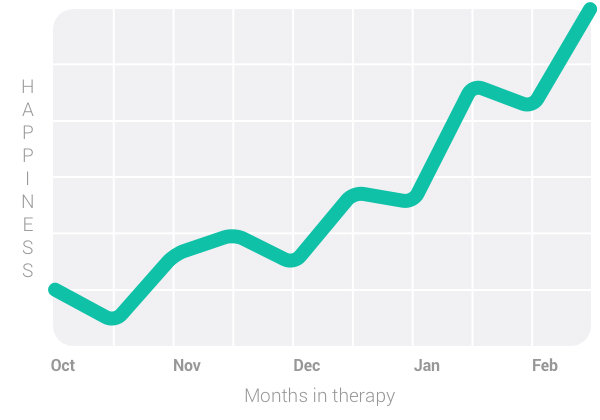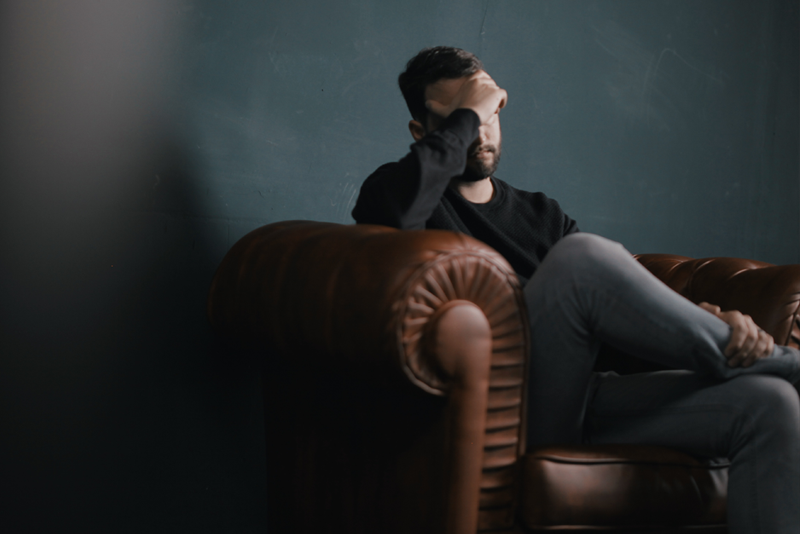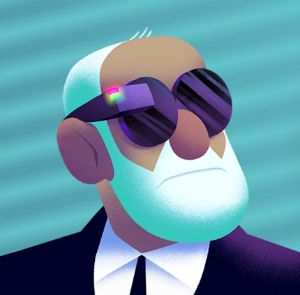Updated on 5/26/2021
You finished chatting with your therapist and you feel bad, horrible even. It’s frustrating because therapy was supposed to make you feel better. Now you’re feeling awful, maybe worse than before you started therapy.
It is actually normal to occasionally feel bad or worse after therapy, especially during the beginning of your work with a therapist. It can be a sign of progress. As counterintuitive as it may sound, feeling bad during therapy can be good.
Emotions When Starting Therapy
When you start therapy, there are a few parts of the process that might be painful, embarrassing and difficult. First you need to admit you can benefit from therapy, which is difficult for many people. You might realize you need it, which can be even harder to admit.
Then the treatment starts. You’re eventually expressing intense negative emotions and tapping into painful memories. Exploring the issues is overwhelming. Rather than quickly talking away your burdens, you and your therapist are finding new issues, roots and revelations to tackle. It’s like you’re drowning in the psychic energy you were trying to expel and push far away.
The good news is that feeling doesn’t last forever. It is the beginning of a journey toward feeling great, better than you’ve ever felt.
Understanding the Therapy Journey
Psychotherapy works, according to many studies. It won’t produce results immediately, though. Unlike medication that takes the edge off symptoms right away, psychotherapy provides powerful long-term benefits and symptom reduction.
Depending on the severity of your issues or mental health condition, it might take weeks or months to feel significantly better. Once you start feeling better, that doesn’t mean the rough days are over. You might still leave therapy feeling bad every once in awhile. There will be new revelations that could shake you up.
Nonetheless, the overall trend will be positive. Think of psychotherapy and your feelings like this graph:

There are lows, but the lows become less painful and the highs get higher. Psychotherapy will make you happier over time.
Coping with Therapy’s Temporary Lows
When you experience the lows, there are a few ways to cope. You can reach out to your therapist and see if he or she has any feedback. Your therapist will comfort you and might offer insights similar to the ones in this article.
“I respond in a supportive manner, normalizing their feelings and reassuring them that throughout the therapy process there will be times when after our sessions they will continue to process discomfort,” said therapist Candice Christiansen. “This is all part of healing, and in time they will get to a place where they feel more comfortable in managing their discomfort.”
Christiansen recommended clients who feel bad after therapy try recording their thoughts and feelings in a journal. If you use text-based online therapy, you can use your chat room with a therapist as a journal, too.
Either way you are going to feel better. Remember, it is OK to feel bad after therapy. If you hang in there and move through the process, it will be worth it.
Talkspace articles are written by experienced mental health-wellness contributors; they are grounded in scientific research and evidence-based practices. Articles are extensively reviewed by our team of clinical experts (therapists and psychiatrists of various specialties) to ensure content is accurate and on par with current industry standards.
Our goal at Talkspace is to provide the most up-to-date, valuable, and objective information on mental health-related topics in order to help readers make informed decisions.
Articles contain trusted third-party sources that are either directly linked to in the text or listed at the bottom to take readers directly to the source.





